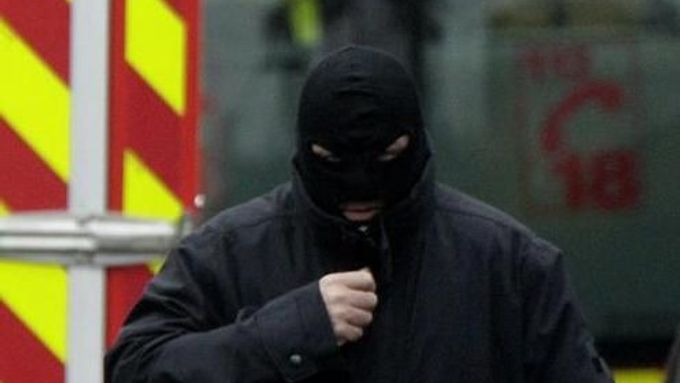Prague - Last week, Czech police dismantled a major bootleg alcohol gang, seizing 2.3 million liters of illegal alcohol and bringing charges against 15 people.
The gang was allegedly headed by entrepreneur Radek Brezina, who faces a prison sentence between 10 years and 16 years. After his arrest, Brezina reportedly tried to bribe a detective with the organized crime unit (UOOZ).
The detective, Miroslav K. was questioning Brezina in a pre-trial detention facility in Olomouc. At the end of the interrogation, the defendant offered the detective a bribe of CZK 10 million (EUR 360,000). It was the biggest bribe on record ever offered to a UOOZ officer.
Methanol deaths result of state's negligence: Report
Slovak minister: Czechs fail to handle methanol crisis
The detective immediately ended the questioning and called his boss, UOOZ chief Robert Slachta. "Director, they offered me ten million. I will write it down... See you later," said the policeman, whose monthly salary before tax is CZK 40,0000.
"For years, the defendant based his business activities on a principle that everyone has a price and that everything can be bought. He built his business and his life on bribes," said the detective in an interview with Aktualne.cz, adding that he was neither surprised nor offended by the offer. "He just operates that way."
The UOOZ spokesman said that Miroslav K. is one of the elite police unit's most experienced detectives and a key investigator of the illegal alcohol case.
Miroslav K. said that he has worked as detective for more than 10 years and that his job is to uncover criminal organizations.
"It irritates me that the things in the Czech Republic are that way, that bribery is considered a normal part of life," he said.
Police believe that the alleged gang leader, Brezina, also tried to transfer as much as hundreds of millions of korunas to bribe possible witnesses.
State prosecutor Petr Sereda says that the group has caused the state a loss of at least CZK 3 billion (EUR 110 million) in unpaid taxes.
Czech police started to investigate illegal alcohol production after the so-called "methanol affair", when almost 50 people died after consuming bootleg alcohol between September 2012 and January 2013.
